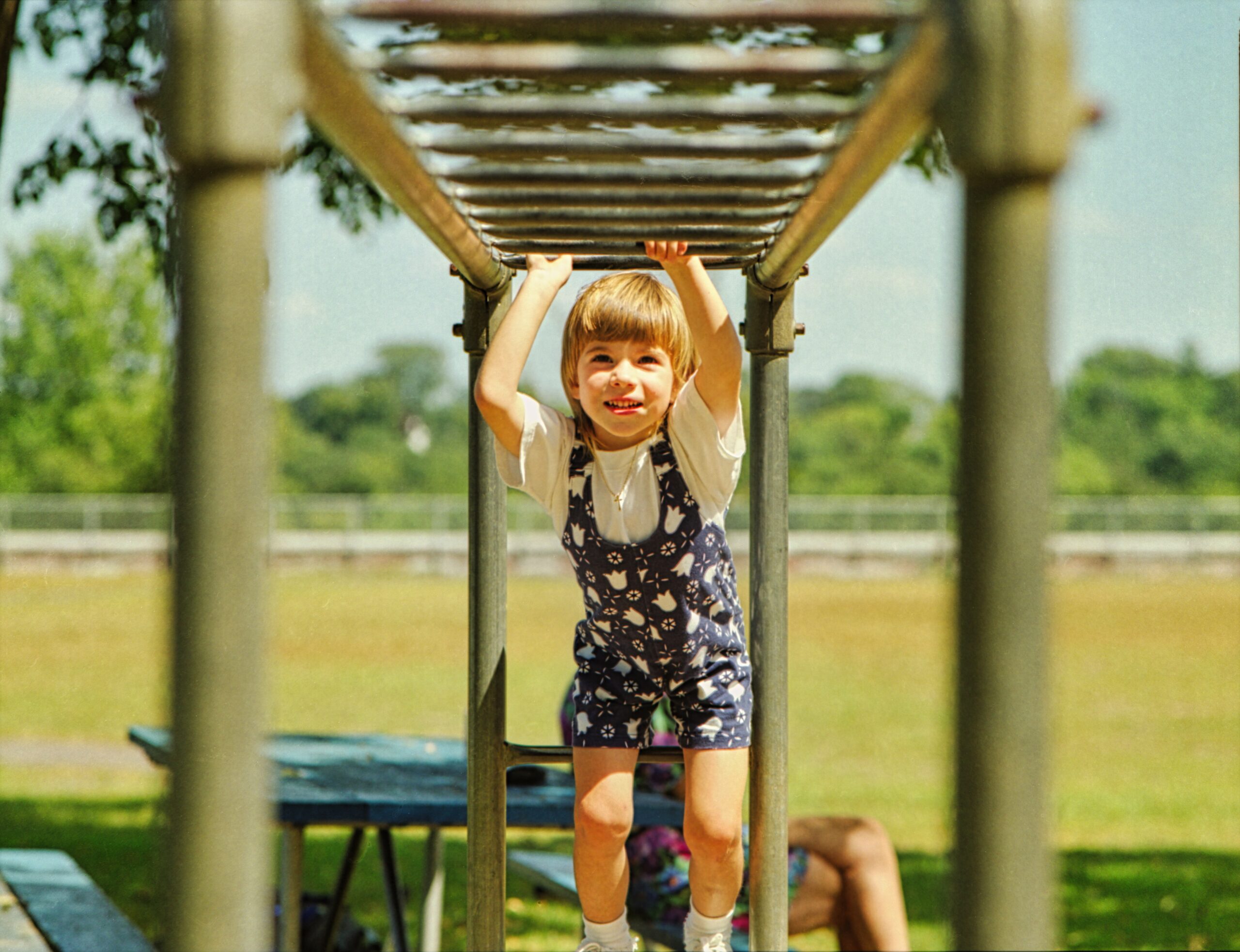As a parent and an early childhood educator allowing young children to take risks sounds dangerous and a bit intimidating, but in fact, allowing them to take risks at a young age will give them some extremely helpful life skills that will be beneficial in life and learning. In this post we will take a look at three reasons why children should be able to take risks.

- How will they know what they are capable of? If we are always their guiding every step and action your child will quickly become used to this and will start to rely on the fact that you will guide them to do what they need to in order to stay safe. On the flip side though, they will rely on your guidance to be able to complete tasks and if you are not their to support their actions they will not know for themselves what they are capable of completing on their own. Now, we know there are times when your guidance is needed to keep them safe and to ensure the task is actually completed the way it needs to be, but take some time to think about some of these tasks that can be completed with minimal guidance. For example, if you child is attempting to feed the family fish on their own, they may need some guidance so poor Goldie doesn’t end up with an entire canister of food in their tank. However, you notice your child is trying to scoop and pour their own food during breakfast, the worst that could happen is there is a spill and some paper towels will be needed if they are unsuccessful. Providing words of encouragement can go a long way in these scenarios and being positive even if their is a spill to clean up. The next time they will be able to do a little better on their own while building the confidence to complete tasks on their own.
- How will they increase their physical development? Children are learning the limits of what their developing bodies are capable of all the time. Allowing them to take risks will allow more skill development and will increase their physical development. Children are rapidly developing and something that they were unable to do last week may be possible this week. Encouraging children to test these limits frequently will give them confidence to be able to try something new and challenging and not build the mindset of “they can’t.” I have heard many times children say they can’t prior to them actually trying it and often it stems from them being told you can’t do that yet or you can’t. Allowing them to try and test these limits will give them the courage to try new and challenging things.
- How will this impact their success in academics? Many times we don’t realize how 2 and 3 are so closely connected. Children are told they can’t or when they try to do something new and fail are told they can’t do that yet. We need to encourage them by saying, “you will be able to do that soon, just keep trying until you can.” As an early childhood professional the most frequent example I see of this mindset is when a child tries to write their name and before they even put the pencil to the paper are saying “I can’t.” It takes several day, weeks, or months to correct their mindset to, “I will be able to do this soon.” Allowing children the chance to take risks even if they may fail gives them the encouragement they need to continue to practice until they are successful rather than being told they can’t do it at all.

In conclusion, the words we say to students are so very powerful that they can impact them in areas we don’t even think of at the time. Children are constantly developing and growing, we as adults need to encourage them to explore what they are capable of every day because it very well could be different from the day prior. Words can be limiting or empowering and for the sake of our children let’s work to empower them to develop into the independent risk takers they need to be in life.
